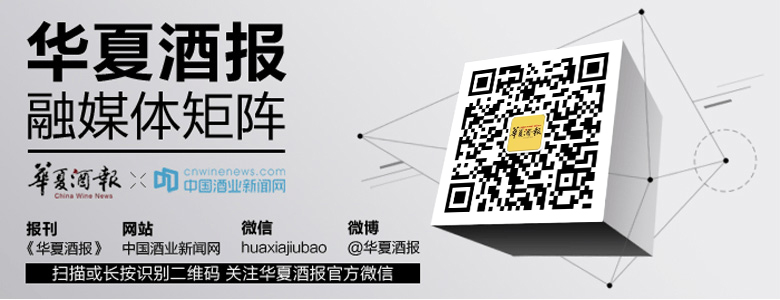A global trend towards non-alcoholic beverages is undeniable. Reports project massive market growth, with China's sector alone expected to reach RMB 74.3 billion by 2025. Major producers, including international giants like AB InBev and domestic leaders like Moutai, are actively launching or developing products to meet rising consumer demand for reduced alcohol intake.
The core challenge is flavor replication. Traditional Baijiu's complex taste profile relies heavily on ethanol, which is both a flavor carrier and participant. Current alcohol-removal methods often strip away volatile compounds, resulting in a watery taste and weak aroma that fails to satisfy traditional consumers.
The market potential is debated. Skeptics question its place in traditional drinking culture, while proponents see a "blue ocean" in new scenarios like business lunches, post-exercise refreshment, and health-conscious gatherings, appealing to Gen Z, women, and other non-traditional consumers.
For the industry to succeed, technological breakthroughs in flavor preservation are crucial. Companies must also clearly position their products—as a Baijiu substitute or a new beverage category—and develop targeted marketing for new consumption occasions. Establishing industry standards will be key to ensuring quality and consumer trust.
This shift is more than a product innovation; it's a cultural challenge to the necessity of alcohol in social rituals. Companies that innovate in technology and storytelling will lead this new market, which aims not to replace traditional Baijiu, but to carve out a new space for its flavors in modern life.

